China slams US meddling, ‘dangerous signals’ on Taiwan
China has accused the US of sending “very wrong, dangerous signals” on Taipei, reiterating that Washington has no right to interfere in how to resolve the Taiwan issue.
“The Taiwan issue is an internal Chinese matter, and the United States has no right to interfere in what method will be used to resolve it,” China’s Foreign Minister Wang Yi said Friday, according to a statement by the foreign ministry.
This came after an earlier meeting between Wang and his US counterpart Antony Blinken on the sidelines of United Nations General Assembly session in New York.
According to an unnamed US official, Taiwan was the focus of the 90-minute, “direct and honest” talks between the two top diplomats.
Blinken “made crystal clear that – in accordance with our long-standing one-China policy, which again has not changed – the maintenance of peace and stability across the Strait is absolutely, vitally important,” the official added.
The foreign ministry's statement, however, insisted that Washington was sending “very wrong, dangerous signals” on Taiwan, pointing out that the more rampant Taiwan’s independence activity, the less likely there would be a peaceful settlement.
Tensions over the self-ruled Taipei have intensified following a provocative visit there in August by the US House of Representatives speaker, Nancy Pelosi -- which prompted large-scale Chinese military drills around the island territory – as well as a declaration by US president Joe Biden to defend Taiwan.
Biden’s statement was his most explicit to date about committing US military to defend the island. It was also the latest instance of his appearing to go beyond a longstanding US policy of “strategic ambiguity,” which does not clearly spell out the American military response to an attack on Taiwan.
While the White House claims its Taiwan policy has not changed, Beijing insisted that Biden’s remarks sent the wrong signal to those seeking an independent Taiwan.
In a phone call with Biden in July, Chinese President Xi Jinping warned his US counterpart about Taiwan, saying “those who play with fire will perish by it.”
The US State Department had also claimed earlier that Blinken’s meeting with Wang was part of a US effort to “maintain open lines of communication and manage competition responsibly,” and the senior administration official added that Blinken had reiterated US openness to “cooperating with China on matters of global concern.”
The meeting with Wang, however, was preceded by another one between the foreign ministers of the Quad grouping of Australia, India, Japan and the US – established with the aim of countering China -- which issued a statement, referring to the Indo-Pacific, saying that “we strongly oppose any unilateral actions that seek to change the status quo or increase tensions in the region.”
The US Vice-President Kamala Harris will also discuss Taiwan’s security during bilateral meetings with the leaders of US allies Japan and South Korea when she visits them next week, said another US official.
During his meeting with Wang, Blinken further “highlighted the implications” if China were to provide material support to Russia’s military operation in Ukraine or engage in wholesale sanctions evasion, the unnamed administration official added.
Blinken also “underscored that the United States and China and the international community have an obligation to work to counter the effects of that invasion and also to deter Russia from taking further provocative actions,” the official underlined.
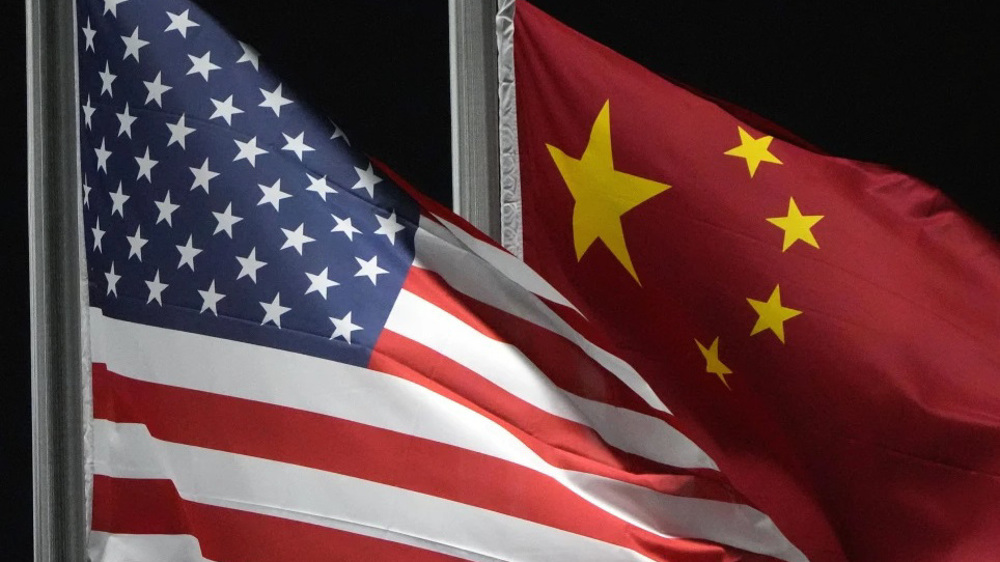
China sanctions US figures over ‘gross interference’ in Beijing’s affairs
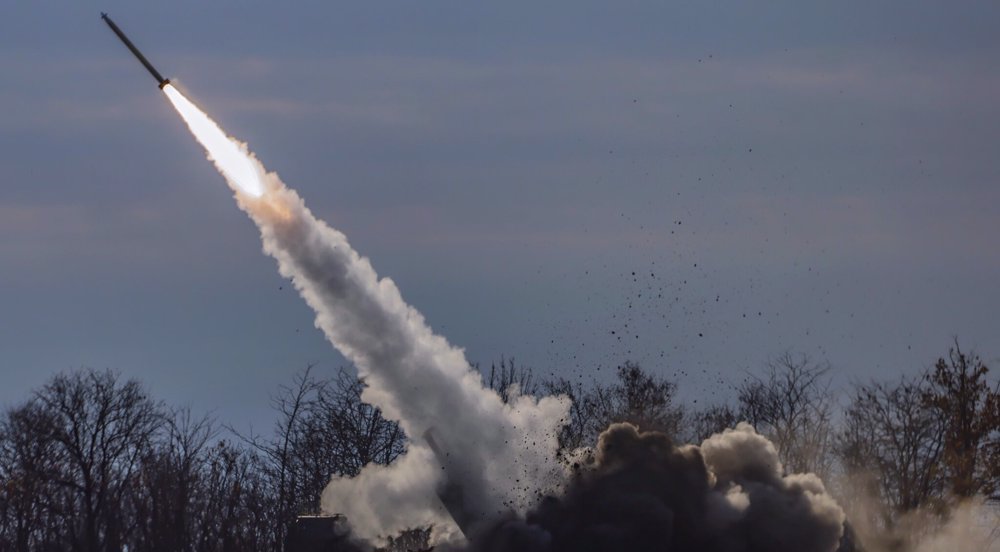
Russia: Ukraine violated Easter ceasefire using US-made weapons

China ‘firmly’ opposes countries making trade agreements with US at its expense
Four Israeli ministers call for annexation of occupied West Bank
‘Collective punishment’ of Palestinians unjustifiable: UNRWA
Iran president, foreign minister offer condolences over death of Pope Francis
Obituary: Pope Francis, first Latin American pontiff, friend of Iran, critic of Gaza genocide
Remembering Saadi Shirazi, Persian poet whose message of universality endures
China sanctions US figures over ‘gross interference’ in Beijing’s affairs
Yemen: US fails in its aggression since day one; Trump ‘accountable’ for fatalities
Russia: Ukraine violated Easter ceasefire using US-made weapons


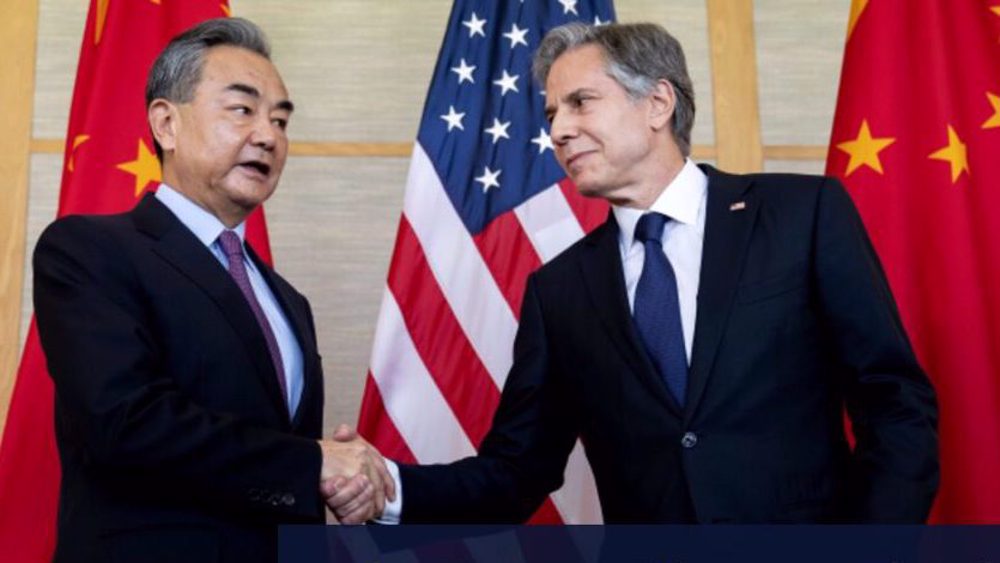
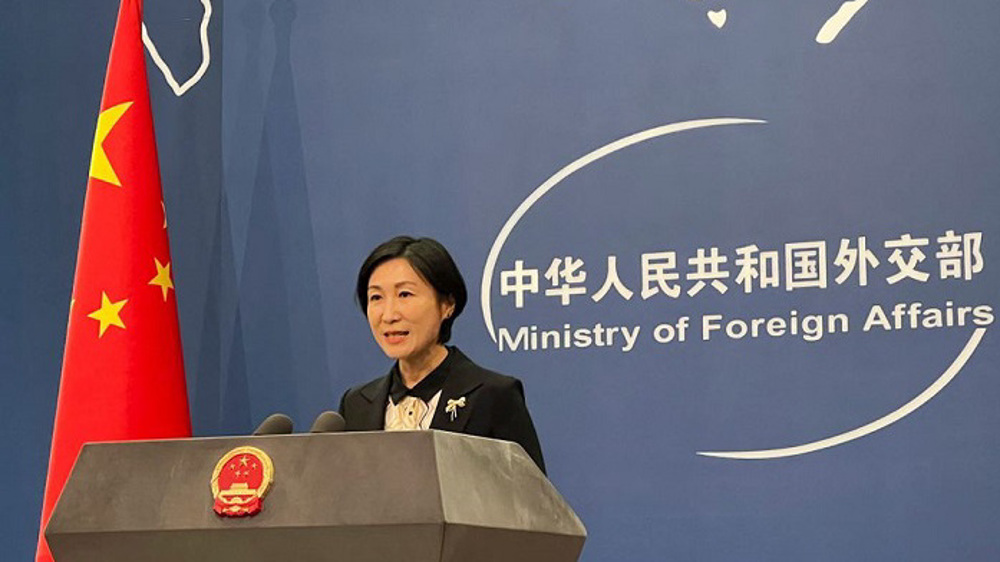



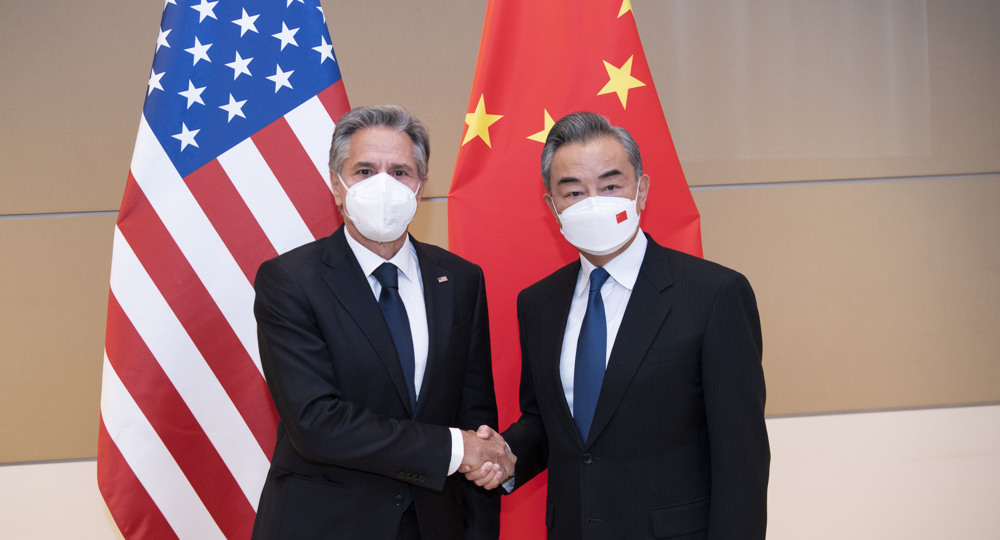



 This makes it easy to access the Press TV website
This makes it easy to access the Press TV website